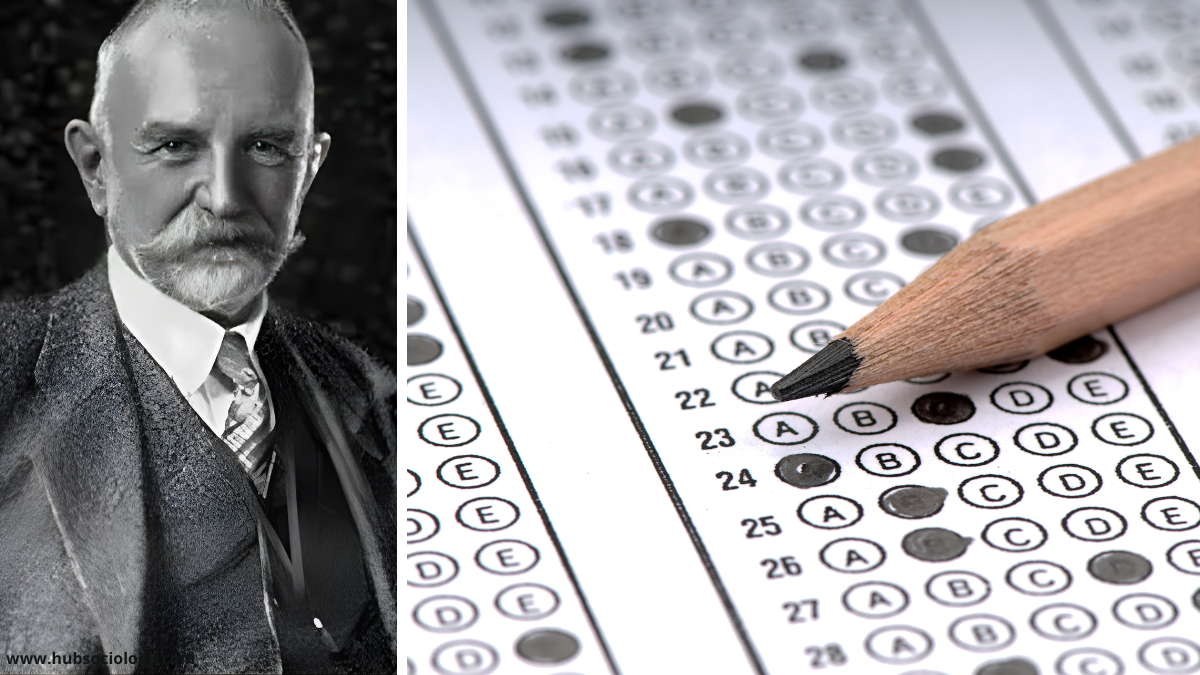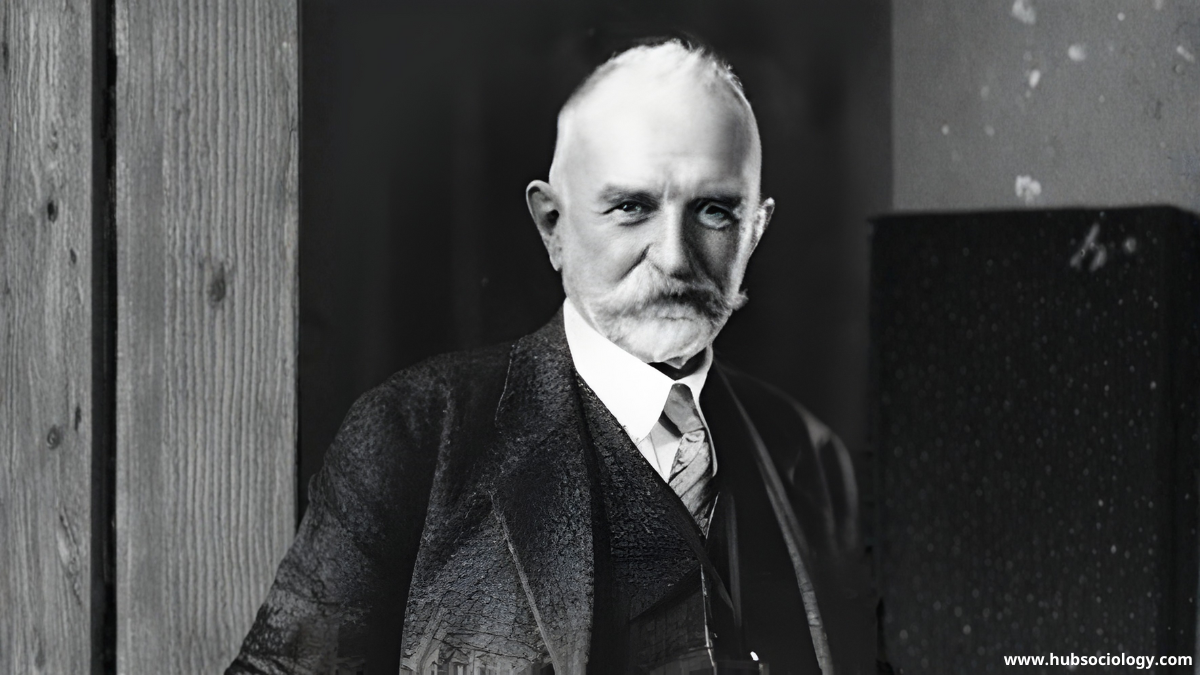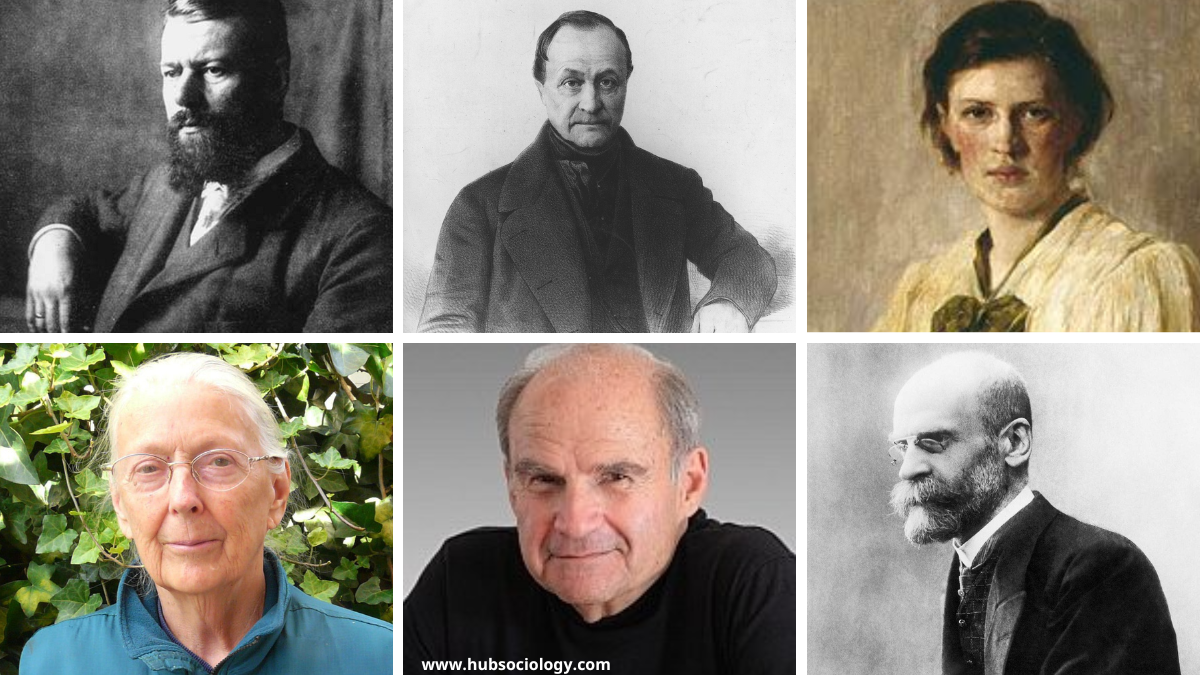50 MCQs on G.H. Mead, Hermeneutics & Interpretative Traditions
George Herbert Mead (1863–1931), one of the foundational thinkers of American Pragmatism and Symbolic Interactionism, made significant contributions to the interpretative traditions of sociology. While Mead is not a hermeneutician in the classical sense (like Dilthey, Weber, or Gadamer), his work deeply engages with the interpretation of meanings, signs, gestures, and social interaction — placing … Read more






